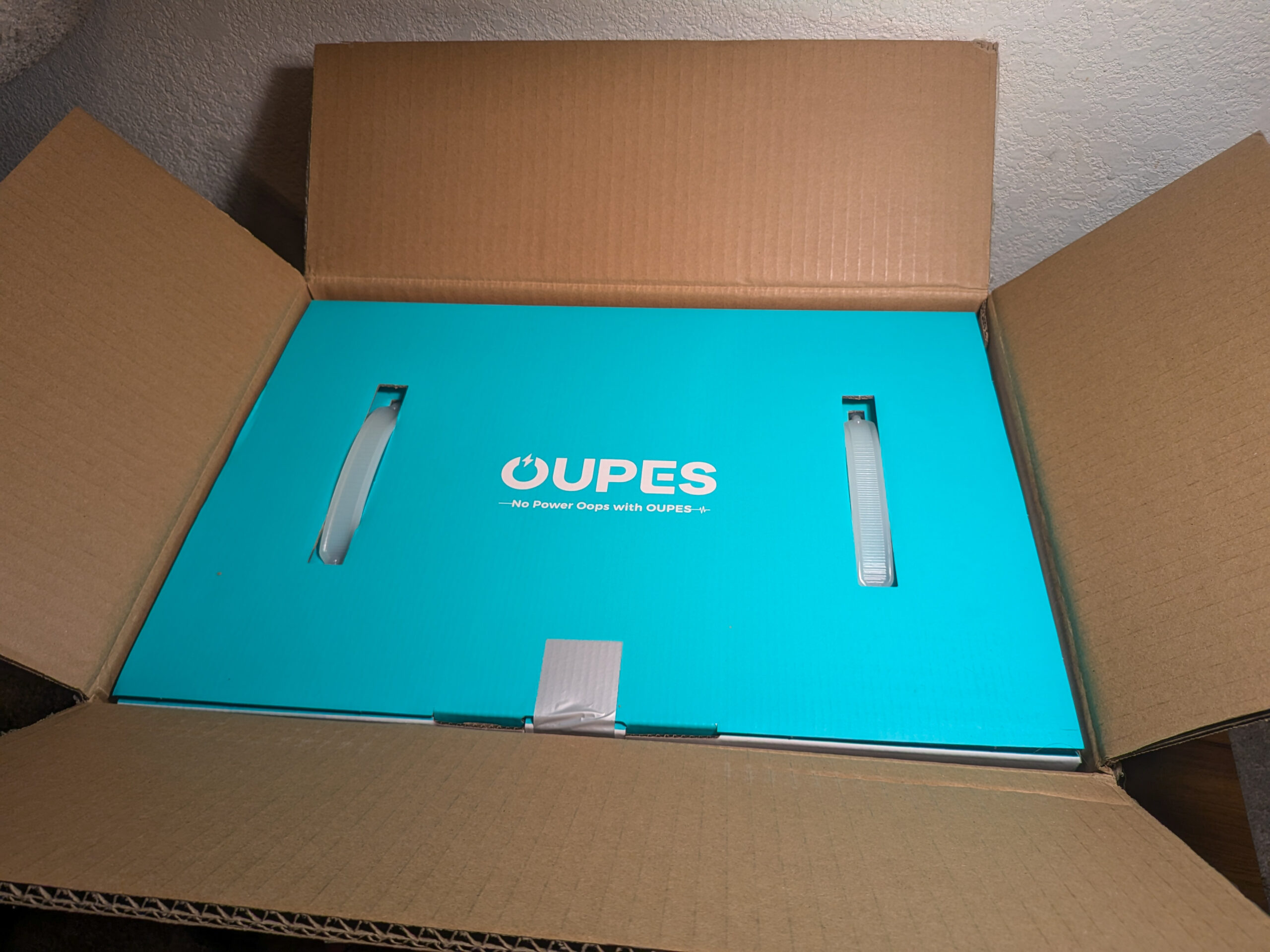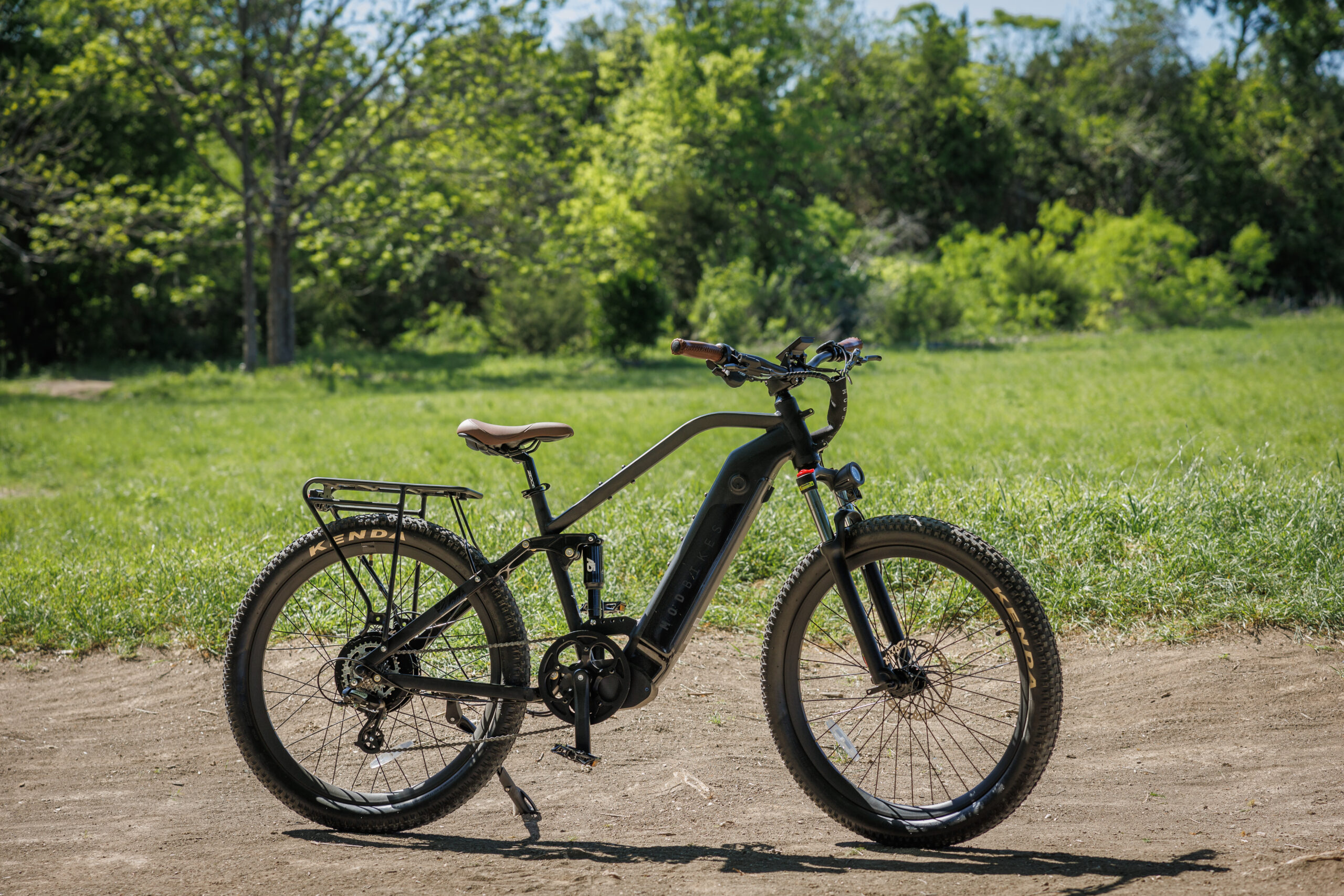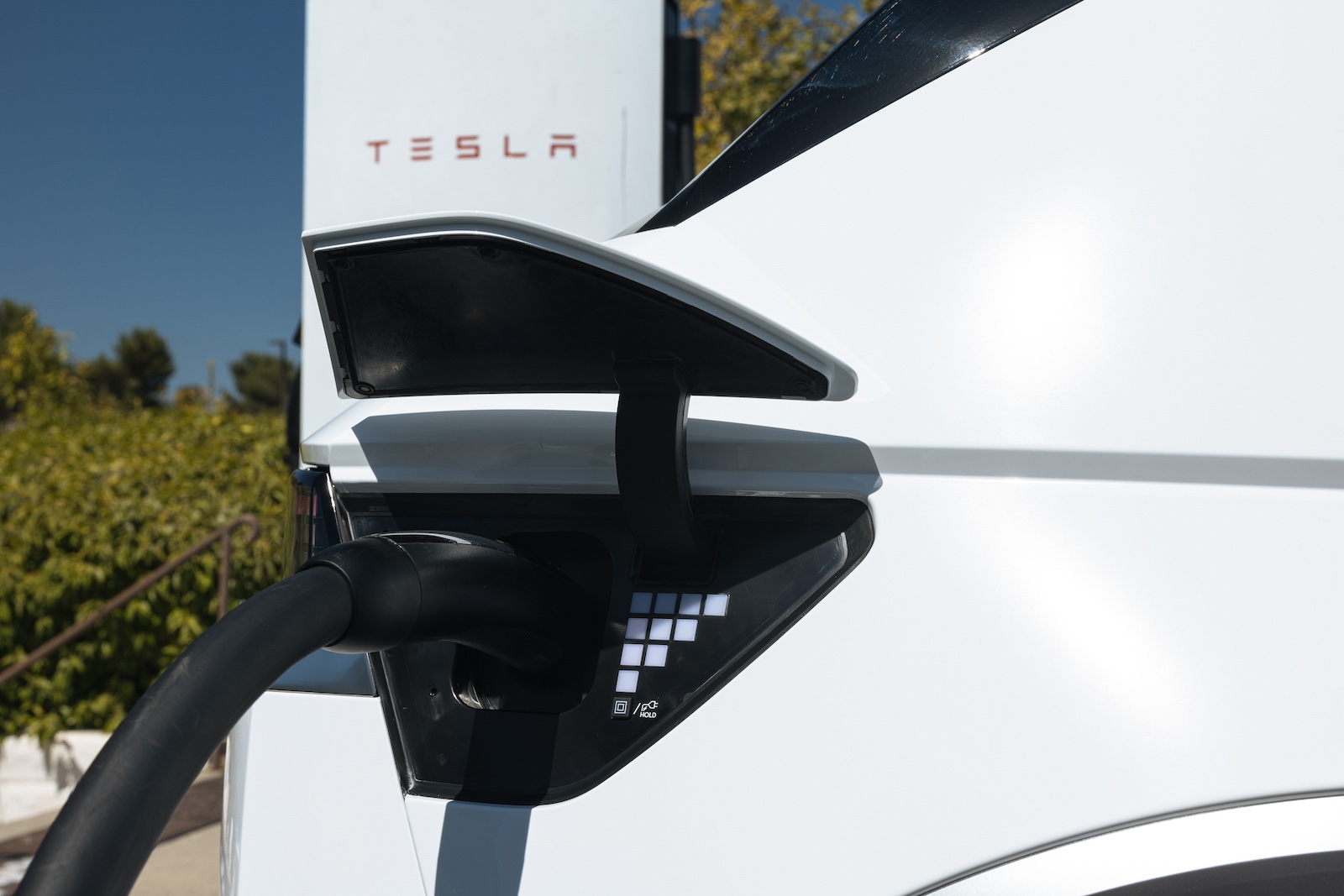Support CleanTechnica’s work through a Substack subscription or on Stripe.
Zero Emissions Noosa (ZEN) runs a highly successful electric vehicle and electrify everything expo each year — we have attended several times, exhibited our aging Tesla, and written up the experience — see here for our writeup of last year’s event. So, when I heard about ZEN’s latest project, I had to share the good news with CleanTechnica readers.
Noosa Council (based on the Sunshine Coast of Queensland, Australia) is funding a new independent service by ZEN to help local businesses rein in rising energy costs and make the most of new technology. Josh Stevens has been appointed ZEN’s new Noosa Business Energy Advisor to offer practical, no-cost advice to small and medium-sized businesses across the Shire. Josh and I had a great chat on the phone a few days ago.
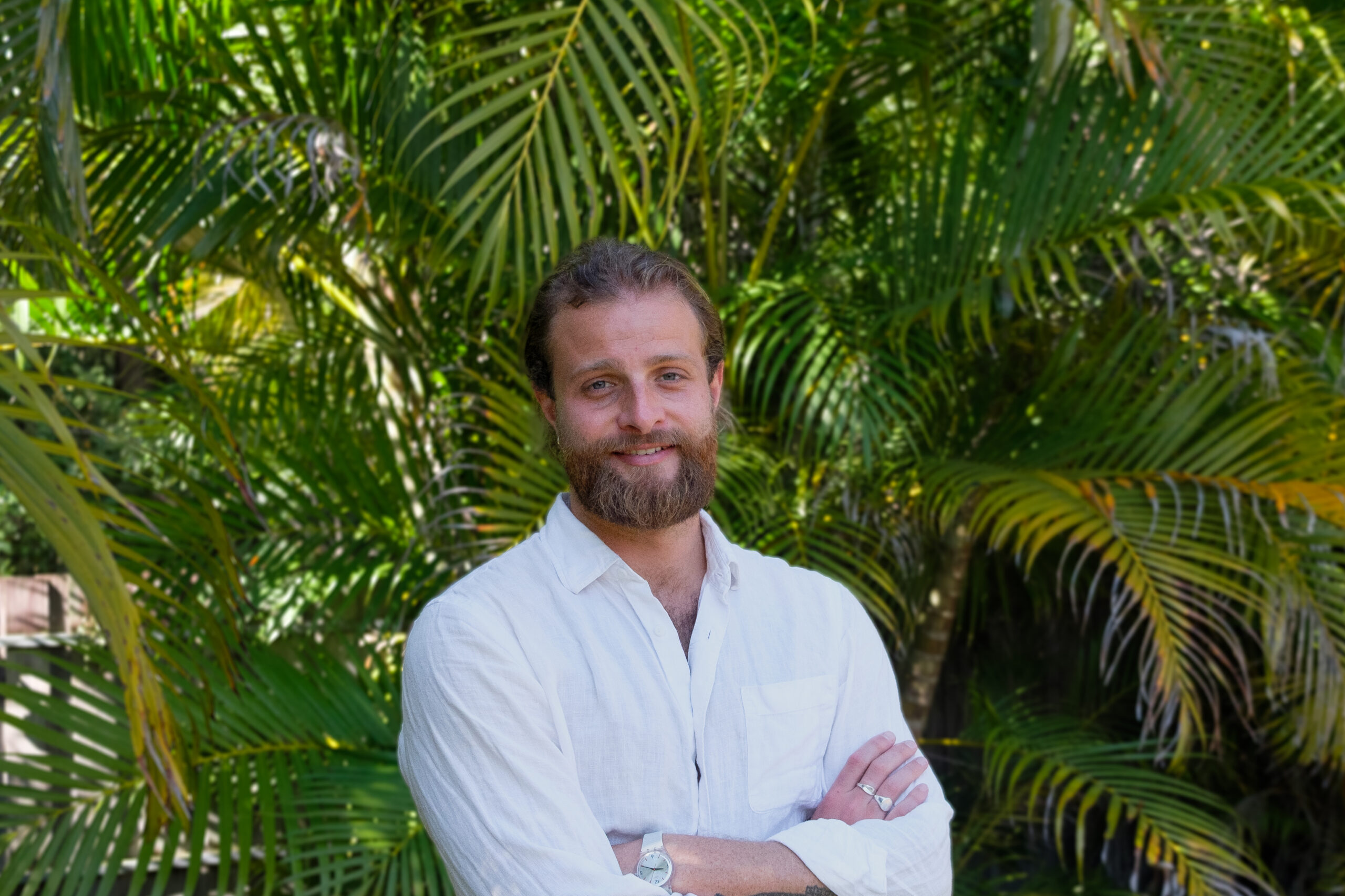
“We know businesses are time poor, so this service is to help them reduce their energy bills and improve their bottom line,” said Josh. The service is free and only for businesses operating in the Noosa Shire, and is completely vendor-neutral — no commissions, no product sales. Josh doesn’t represent an energy retailer or equipment supplier.”
I am spreading the word because I think it is a great idea, that I hope will be picked up by local governments around the globe. Let me know what you think in the comments section below.
“My brief is to help businesses understand how to use less energy, use it smarter, and invest in tech like solar, batteries and electric vehicle (EV) infrastructure, if and when the numbers stack up,” Josh continued.
“Support includes quick efficiency reviews; assessing the business case for solar, batteries, EV chargers, among others; assessing indicative return on investment to navigate rebates and market trends; and some of the strategic opportunities available. I’ll be asking about typical trading hours, major appliances, tariff, and consumption data,” Josh said. “I’m looking for high-reward, low-effort energy savings first.”
Josh says preparation for the business is minimal. “We start with a recent power bill and a sense of their daily operations and then go from there,” he said. “A typical initial visit takes less than an hour and can be on-site or virtual.”
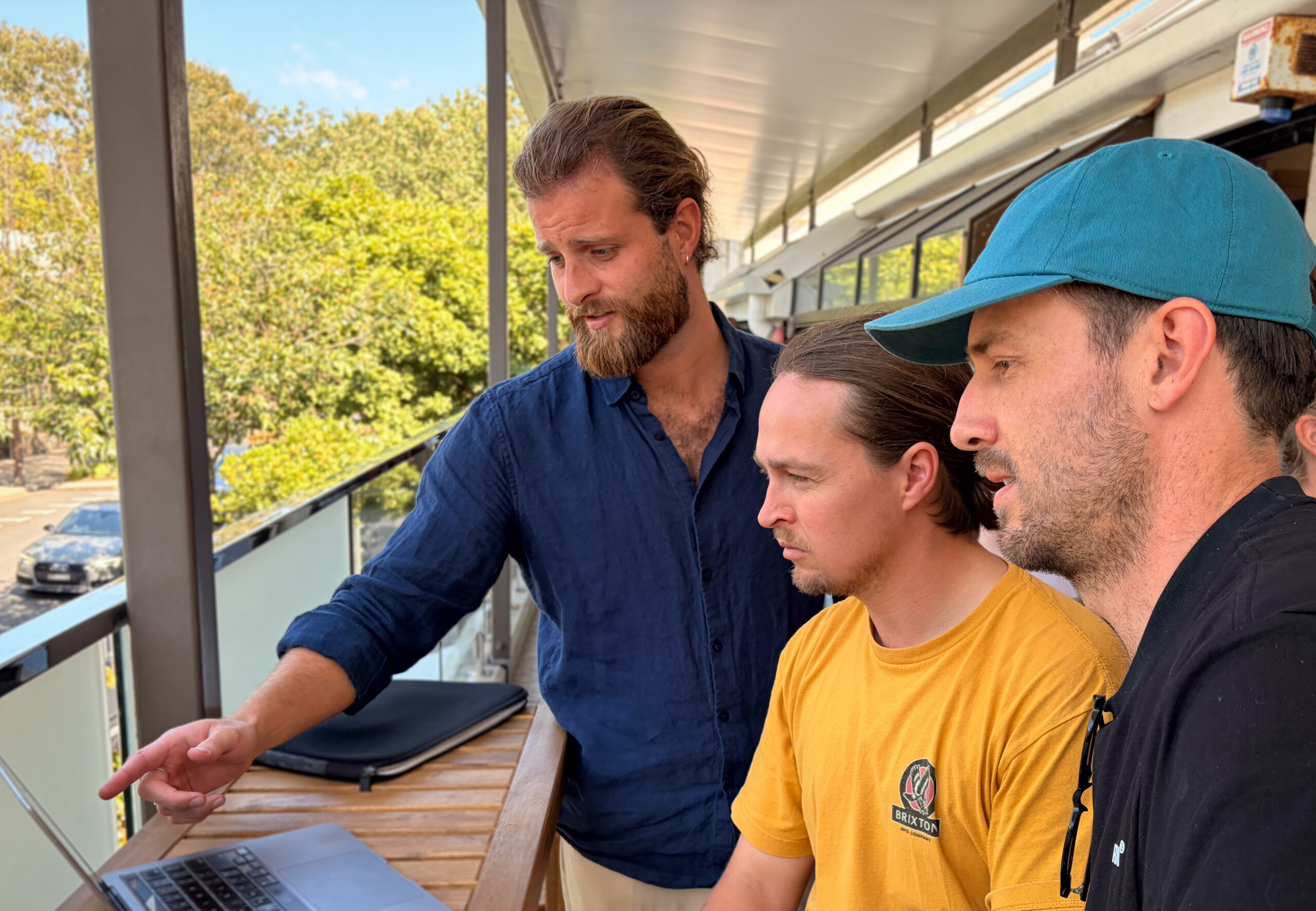
What’s in it for the business? Josh explains: clarity, savings, and ultimately bottom-line growth. “In most cases, these options can also lead to fantastic indirect benefits like business resilience (for example, in the case of a blackout), customer attraction, branding and access to discounted ‘green’ finance.”
Local examples demonstrate the potential. Through previous ZEN projects, several businesses have already experienced significant benefits from energy improvements for example:
Example 1: Noosa Marina
Noosa Marina is an important tourist attraction located on the Noosa River, consisting of a 40 berth marina with a selection of commercial and private boats moored all year round. “Noosa Marina is a multi-tenanted space, with over 20 commercial tenants who operate stores and restaurants. Tourism Noosa has a tourist information office located on site and Noosa Ferry Cruise Company operates a daily ferry service along with evening sunset cruises and eco cruises.”
They installed a 100-kW rooftop system with energy management, reducing site-wide electricity costs and passing savings through to tenants. They are now looking at further options around expanded solar, battery storage, and EV chargers to save money and better serve tenants and customers. They are already reducing their greenhouse gas emissions by 121 tons per year.
General Manager Warren Smith recommends that commercial landlords with useable roof space should consider the financial returns that can be gained from installing a solar system, first to power communal areas, then to pass on savings to tenants, attracting longer term leases.
Watch the video to hear Warren explain the savings for tenant businesses (a whopping 20%) and admire the massive solar array on the roof.
Example 2: Noosa Sun Motel
Noosa Sun Motel sits alongside the Noosa River at Noosaville. For over 25 years, Noosa Sun Motel has been providing tourist accommodation and features 15 apartments.
The motel halved quarterly electricity costs, from roughly $4,000 to $2,000, after installing a 15 kW solar system that paid itself off in just over two years. They have installed further demand management systems as well as EV charging to help their business grow.
Manager Darren Keenan is happy with the savings, which have already paid for the solar system. He explains: “Without any direct control over how guests choose to use air-conditioning and electricity within the accommodation apartments, it made complete sense for the business owners to install a solar system to help reduce electricity costs for the accommodation.” Darren expected it to take 5 years for a full return on investment, but is delighted to report that the system has paid for itself in two years and reduced his carbon emissions by 18.2 tonnes of CO2 per year. Hear his story here.
Example 3: Noosa Reds
What about agriculture, you ask? Can small crops be grown sustainably and economically? “Peter Seghers is passionate about his vine ripened tomatoes grown locally at his Doonan farm. Sustainability is the way of the farm in its 7 day a week, 7am to 7pm operation.” He talks about his farm here.
It was to be expected, then, that Peter would invest in solar panels, solar hot water, and an electric vehicle used for deliveries from his Noosa Reds farm. With the solar running the irrigation pumps during the day, payback was quick. The savings were then reinvested in an electric car and solar hot water. They are still dependent on the grid for night time power to keep the fridges and lights operating. Batteries are the next investment on the horizon.
“Our solar investment is giving us a good return. We invested in an electric car and now we are thinking batteries, so it’s very worthwhile to do the investment. I would recommend everyone to do it, go for it,” Peter Seghers, Director at Noosa Reds, says.
“For every problem there is, nature provides an answer.” No chemicals or pharmaceuticals are used on his farm and he maintains that it shows in the taste and quality of the fruit.
“What’s more important than looking after the environment, as we have to leave behind a place that our grandchildren can enjoy,” he adds. Not only is it good for the environment, solar has proven to be economical. He has seen a marked reduction in his electricity costs.
Business Energy Advisor Josh will build on such successes by making advice accessible to any local business that wants to explore its options. “We know there are savings out there. The challenge for most business owners is time and knowing where to start, who to trust, and which steps will actually deliver value.”
Josh has already begun meeting with local businesses and associations to review bills, discuss operations, and identify opportunities tailored to their circumstances. “This is about giving business owners the confidence to make informed decisions,” he said. “It’s not about pushing products. It’s about showing what’s possible and helping turn it into reality,” he said.
“With energy markets shifting quickly, we want Noosa businesses to stay ahead of the curve.”
It is important to acknowledge that Josh’s work in Noosa is built on effective energy advisory models already having success. Stephen Rodan Magnetic Island Community Development Association explains:
“Josh’s work in Noosa is part of a broader wave of place-based energy advisory models proving effective across Queensland. For example, Magnetic Island’s ‘Biz Assist’ project — run by MICDA with Reef Trust support — achieved notable success in helping businesses reduce energy use, improve efficiency, and install solar, batteries and other technologies, realising over 340 tonnes of CO₂ savings annually. These localised, trusted advisor models are showing great promise for replication statewide.”
My hope is that these models can be replicated not just in Australia, but in many parts of the world. If you are aware of a project like this, let me know in the comments. In the meantime, if you do happen to have the pleasure of living in Noosa, you can book a free advisory call from Josh via email at josh.stevens@zeroemissionsnoosa.com.
We can all do our part to reduce reliance on fossil fuels and increase our earnings at the same time.
Sign up for CleanTechnica’s Weekly Substack for Zach and Scott’s in-depth analyses and high level summaries, sign up for our daily newsletter, and follow us on Google News!
Have a tip for CleanTechnica? Want to advertise? Want to suggest a guest for our CleanTech Talk podcast? Contact us here.
Sign up for our daily newsletter for 15 new cleantech stories a day. Or sign up for our weekly one on top stories of the week if daily is too frequent.
CleanTechnica uses affiliate links. See our policy here.
CleanTechnica’s Comment Policy

